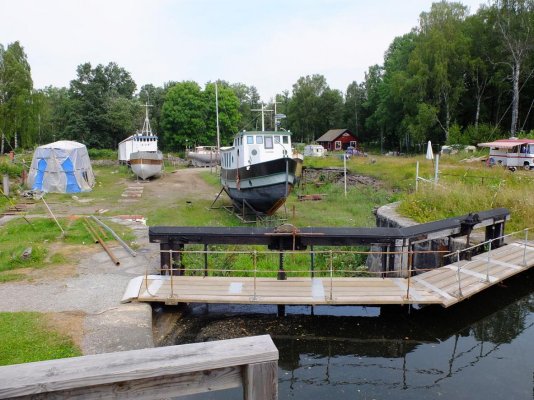menzies
Guru
We've always used gunkholing. However I don't limit it to mud bottoms. Basically small out of the way anchorages, usually so quiet there are only one of two boats there. And gunkholing means you don't stay in one of these places long but jump from one to the other every few days during a cruise.
As for yacht basin, we don't use the term ourselves but we have had many marinas we were coming into use it to us. For example Old Bahama Bay in West End has a big waiting area inside their breakwater before you get to the marina proper. They will ask you to wait in the basin until they call you in. This is especially true if you just want a quick tie up to use customs and immigration rather than a slip.
As for yacht basin, we don't use the term ourselves but we have had many marinas we were coming into use it to us. For example Old Bahama Bay in West End has a big waiting area inside their breakwater before you get to the marina proper. They will ask you to wait in the basin until they call you in. This is especially true if you just want a quick tie up to use customs and immigration rather than a slip.
Last edited:


